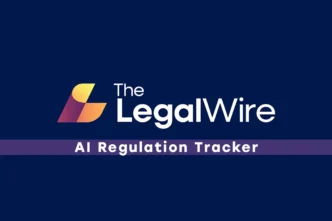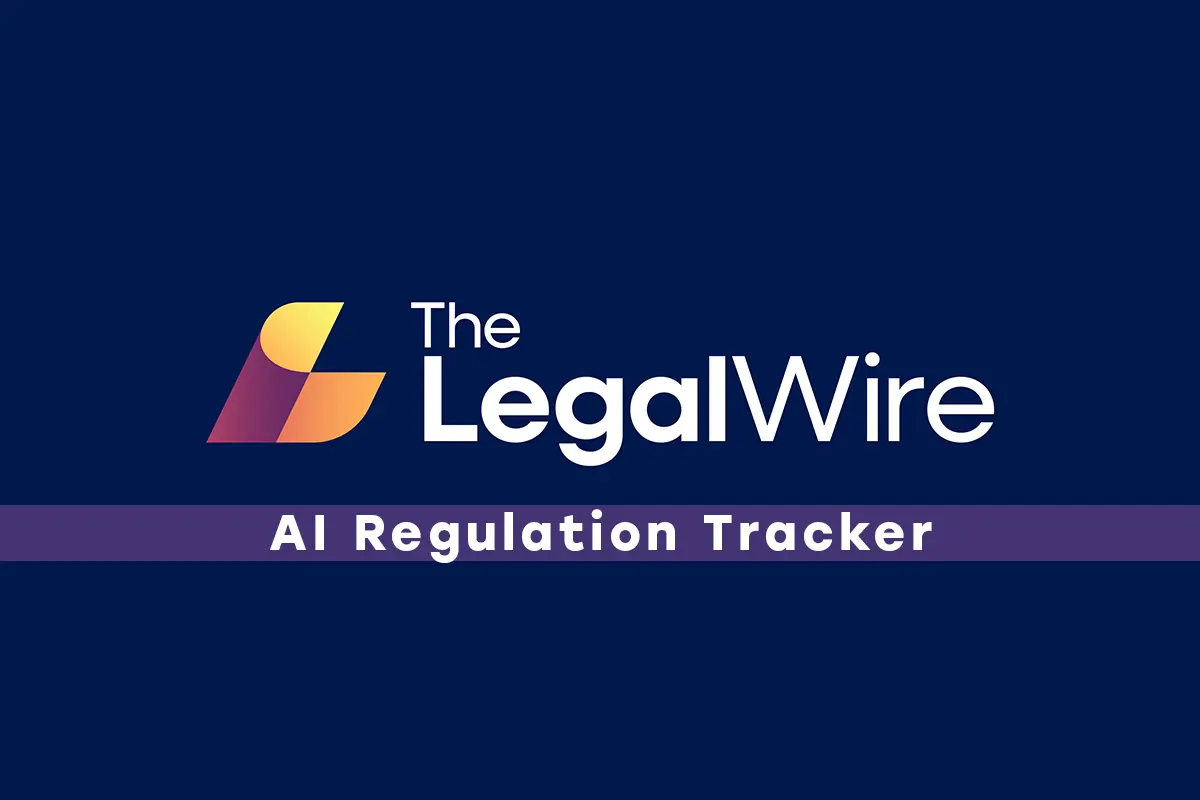The UK Office of Communications (Ofcom) has published a report on its approach to supporting the safe innovation and use of AI across the sectors it regulates, including online platforms, broadcasters, and telecoms companies. The report notes that: (1) Ofcom aims to create conditions for innovation while mitigating risks to protect consumers, stating its approach is to support growth, safeguard the public, and lead by example in its own use of AI; (2) Ofcom’s regulation is generally technology-neutral, allowing regulated companies flexibility to deploy AI; (3) initiatives to support AI innovation include running SONIC Labs for Open RAN test-beds with Digital Catapult, providing large data sets for AI model training, and collaborating with bodies like the Competition and Markets Authority (CMA), Information Commissioner’s Office (ICO), and Financial Conduct Authority (FCA) through the Digital Regulation Cooperation Forum (DRCF); (4) to mitigate risks, particularly consumer harms like deepfakes, Ofcom is implementing and beginning to enforce the Online Safety Act, including ‘safety by design’ rules requiring platforms to remove illegal AI-generated content and assess risks of service changes; and (5) internally, Ofcom is conducting trials to use AI to enhance productivity and processes, such as streamlining translation of broadcast content, customising text summarisation for consultation responses, and improving spectrum planning, adopting a safety-first approach before organisation-wide rollout.
Click here for the official article/release
Disclaimer
The Legal Wire takes all necessary precautions to ensure that the materials, information, and documents on its website, including but not limited to articles, newsletters, reports, and blogs (“Materials”), are accurate and complete. Nevertheless, these Materials are intended solely for general informational purposes and do not constitute legal advice. They may not necessarily reflect the current laws or regulations. The Materials should not be interpreted as legal advice on any specific matter. Furthermore, the content and interpretation of the Materials and the laws discussed within are subject to change.






